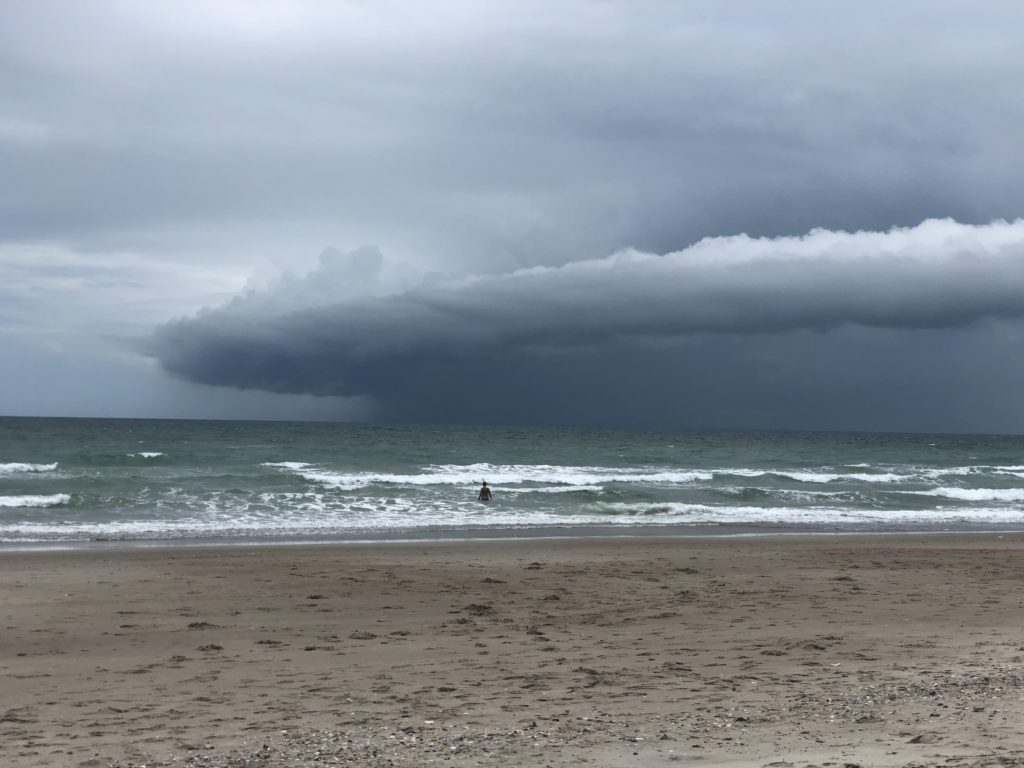Someone once said “Preparedness is the calm before, during and after the storm.” That being said, Mama, are you prepared?

The Centers for Disease Control and Prevention (CDC) provides the following tips to help your prepare for an emergency…
- Talk to your healthcare provider about where you will get prenatal care or deliver your baby if your provider’s office or hospital is closed.
- If you are close to your due date, learn the signs of labor including information on preterm birth. Talk to your healthcare provider about what to do in case of an emergency.
- Be informed—check with your local emergency management agency to find out how to get emergency alerts (such as text alerts).
- Make a family emergency action plan for how you and your family will contact one another and what steps you will take in different types of situations.
- Prepare an emergency kit that includes at least a 3-day supply of food and water for each person, health supplies including medications, baby care and safety supplies, and backup chargers for electronics like a cellphone or tablet. Try to store a 2-week supply of water if possible.
- Keep copy of important family documents like insurance policies, ID card, copy of all prescription information and medical supplies in a waterproof, portable container.
- Plan ahead to help your baby sleep safely if you need to leave your home. Your baby is safest sleeping on their back in their own sleep area (such as a portable crib or bassinet) that does not have pillows, blankets, or toys.

Remember Mama, “Always be prepared, expect the unexpected.”